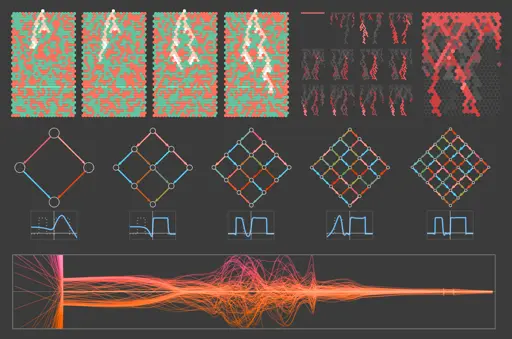What’s Really Going On in Machine Learning? Some Minimal Models | Stephen Wolfram | August 22, 2024
What’s Really Going On in Machine Learning? Some Minimal Models | Stephen Wolfram | August 22, 2024

writings.stephenwolfram.com
What’s Really Going On in Machine Learning? Some Minimal Models

